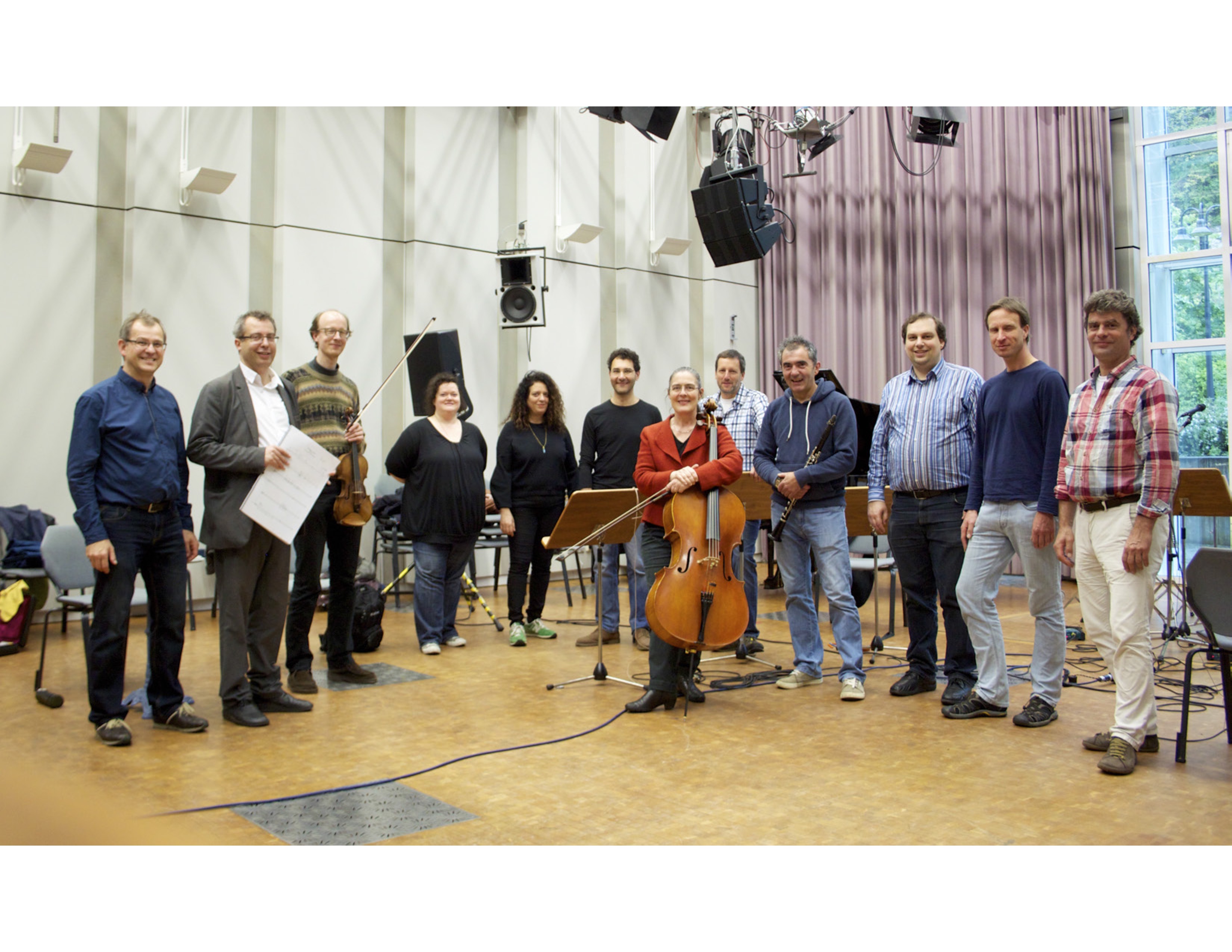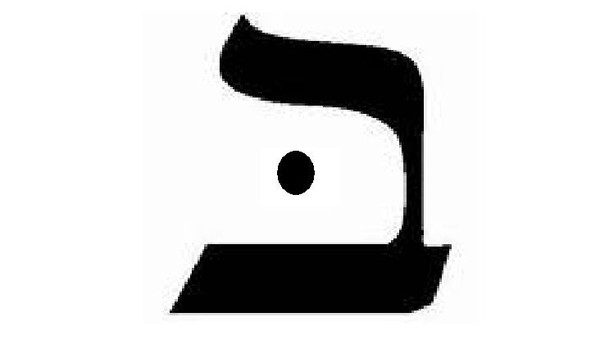Mishpatim (Laws)

Mishpatim (Laws) (2003-2019)
Mishpatim (Laws), a six-part composition cycle, was written in the years 2003-2019 by composer Dániel Péter Biró.
In 2001, Dániel Péter Biró began to employ Hebrew number symbolism (gematria) for compositional means. As each letter in the Hebrew alphabet possesses a numerical value, gematria is the calculation of the numerical equivalence of letters, words, or phrases and, on that basis, the exploration of the interrelationship between words, ideas and, in this case, musical sounds. In this composition cycle he employed the Hebrew Bible text Mishpatim (or “Laws”) Exodus Chapter 23, a set of laws that do not seem to be organized in any logical pattern. Writing first a piece for percussion, BeMitzraim (In Egypt), he created a system in which all of the sounds, rhythms, spoken words and numbers are determined by the Hebrew text and accompanying cantillation signs of the corresponding Hebrew Bible text..
Out of this composition grew a larger work for solo percussion, voices and ensemble, the first movement of Mishpatim (Laws) Part 1 – Lo Tisa (Do Not Carry). Written for the Ensemble SurPlus, the first movement of the cycle was performed at the Akademie Schloss Solitude, Germany in 2003. In 2006, he completed Mishpatim (Laws) Part II – Veshesh Shanim (And Six Years). This composition, commissioned by the City of Darmstadt, was premiered by ensemble recherche at the Darmstadt International Summer Courses for New Music in 2006.
The Mishpatim cycle was continued in four commissioned projects: Mishpatim (Laws) III – Tslalim (Shadows), commissioned by the Aventa Ensemble and funded by the Canada Council for the Arts was performed throughout Canada in April 2010. Mishpatim (Laws) IV – Ko Amar (Thus Said) was commissioned by the SWR (German Radio) and premiered at the German Radio (SWR) by contralto Noa Frenkel, the Ensemble Surplus, and the Experimentalstudio, performed as part of the Freiburg Mehrklang Festival in May 2010. Mishpatim (Laws) Part V – Gam Zera (Also the Seed) was premiered by the Ensemble Surplus and the Experimentalstudio at New Music Concerts in January 2013. The composition Mishpatim (Laws) VI – Bahar (On the Mountain) was commissioned by the Center for Art and Media in Karlsruhe, Germany and was performed by Noa Frenkel and members of the Ensemble Surplus in their Imatronic Festival in November 2012. In these works he employ gematria to determine parameters of computer processing and simultaneously integrated processes of computer convolution with resonant “ghost instruments.”
In the cycle Dániel Péter Biró has investigated possibilities of creating “negative spaces” via instrumental and electroacoustic resonance: this research was done at the University of Victoria and at the Experimentalstudio in Freiburg, Germany. In this time he created a series of “ghost instruments,” resonating acoustic instruments that become activated via live-electronic processing. Investigating concepts of absence and memory, he employed convolution (a procedure in which the timbral information of one instrument gets processed through the timbral information of another instrument, acoustic space or sound). Convolution processes were employed in several of Dániel Péter Biró’s compositions done in coordination with the Experimentalstudio. In HaDavar (The Word) for contralto, piano, electronics and resonant instruments, the voice sings highly specialized phonetic material, which was influenced by the composer’s research into Indonesian Qur’an recitation. In this piece, the voice is electronically convolved with piano and gong resonance, the timbres of which become “shadowed” by voice phonetics. For the composition HaDavar (The Word), completed at the Experimentalstudio, the composer was awarded the 2010 Gigahertz Prize for electronic composition by the Center for Media and Art in Karlsruhe, Germany. In 2011 HaDavar (The Word) was awarded a prize in the International Society for Contemporary Music and Jeunesse Chamber Choir Vienna New Works Competition.
Support from the Siemens Arts Foundation, the Canada Council for the Arts, the Radcliffe Institute for Advanced Study, Harvard University and the University of Victoria Office of Research has allowed the composer to complete and record the Mishpatim (Laws) composition cycle. The entire composition cycle was recorded and mixed at the SWR in Freiburg, Germany in the years 2014-2019 in conjunction with Noa Frenkel, Ermis Theodorakis, the Ensemble Surplus, the Experimentalstudio and sound technician Michael Silberhorn (Genuin Classics).
The complete recording of the Mishpatim (Laws) cycle was released in 2019 by Neos Music.
Excerpts from the Mishpatim (Laws) Composition Cycle
Noa Frenkel, contralto, Ermis Theodorakis, piano, Olaf Tzschoppe, percussion
Christian Kemper, Cornelius Bauer, voices
Experimentalstudio: Reinhold Braig, Simon Spillner, Dominik Pahnke, Sven Kestel, electronics
Ensemble Surplus, Erich Wagner, Conductor
